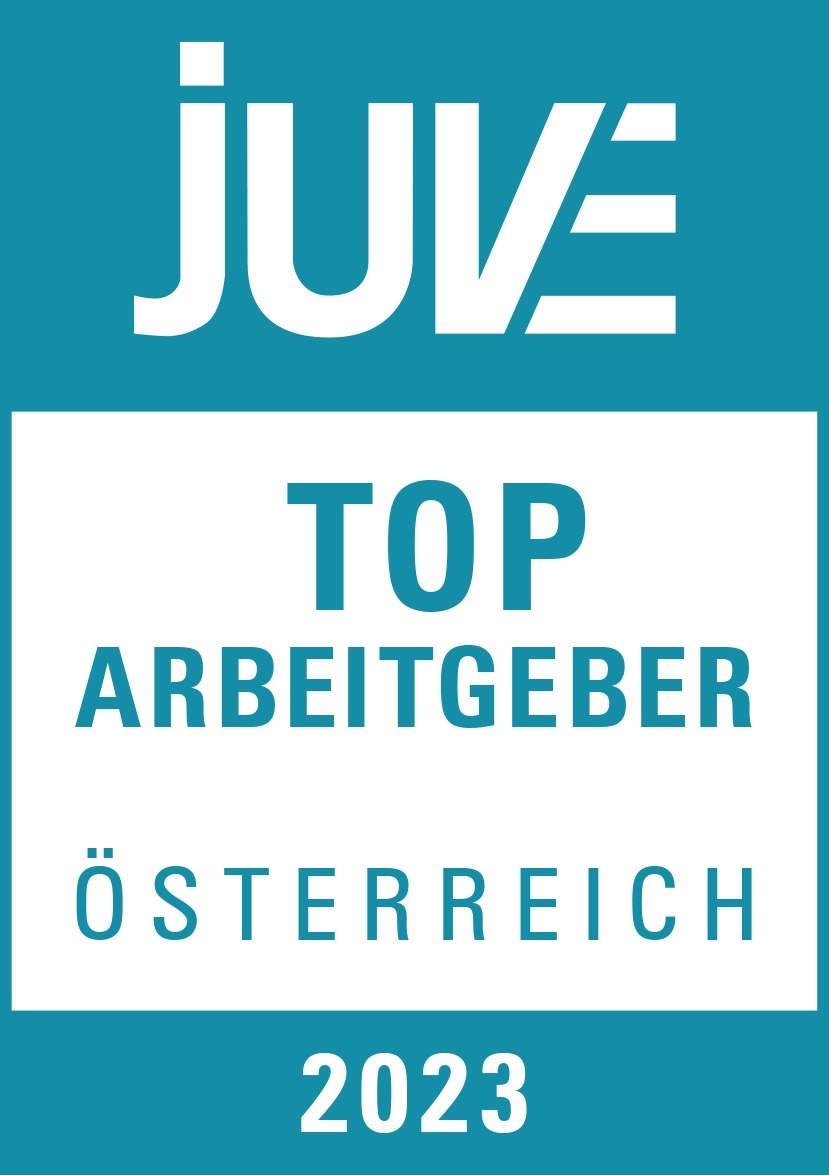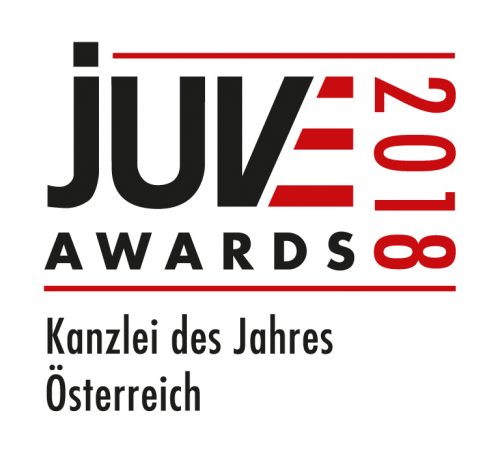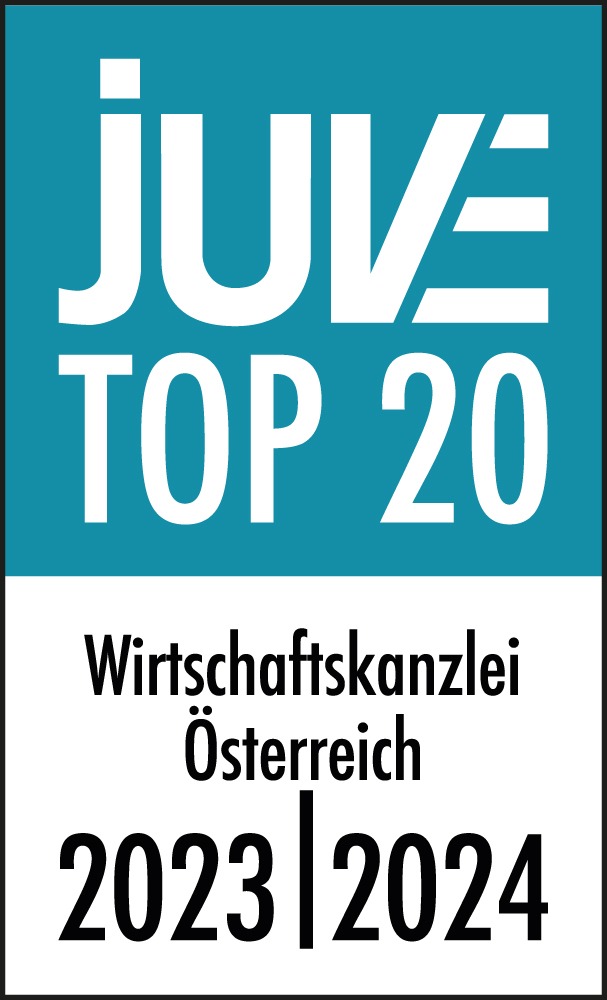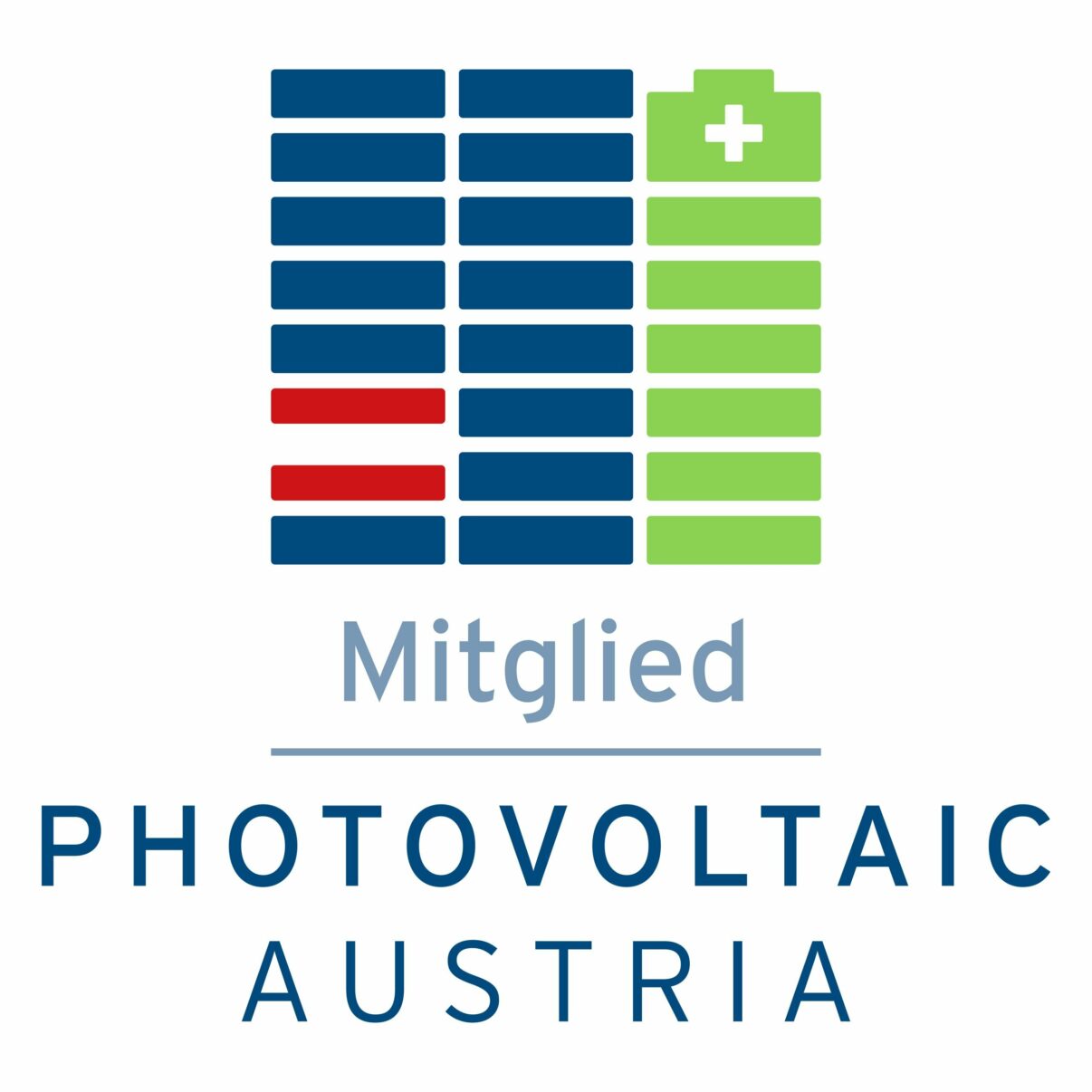Whistleblowing reporting systems
We help with implementation and processing!
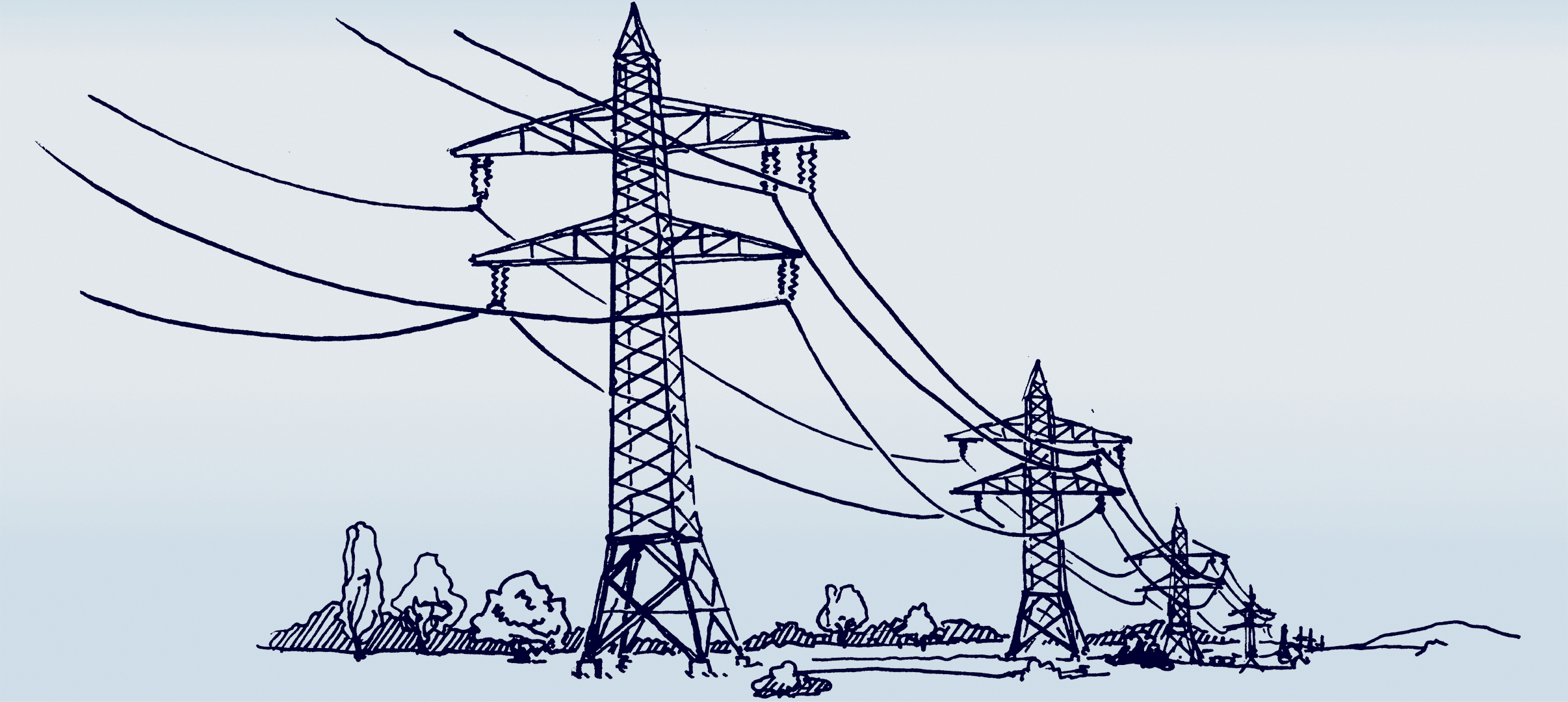
How disadvantages of the COVID-19 crisis can be avoided in the free allocation if action – before April 30th, 2021 – is taken.
If companies, who are subject to emissions trading and entitled to the free allocation of certificates, have suffered production losses due to the COVID-19 pandemic in 2020, there is a risk that this will result in an insufficient allocation of emission certificates for the years 2021 and 2022. The calculation of the allocation – more specifically the activity rate – uses the last two years as a starting position. That means: The COVID-related disadvantage is doubled!
To avoid this disadvantage, the COVID-related effects must be asserted to the Federal Ministry for Climate Action, Environment, Energy, Mobility, Innovation and Technology (BMK) either during data collection or – if the data collection has already been completed – by applying for an adjustment in order to avoid incorrect allocation. Consequently, the year 2020 should be disregarded when determining the activity rate.
What is required for the assertion? Evidence that is legally and technically individually tailored to the company to prove the pandemic-related “impact” – we will be happy to help.
When? The adjustment period (BMK) expires on April 30th, 2021! Therefore, swift action is needed.
Due to the “Corona crisis” and its consequences, many industrial firms in Austria had to reduce their output in 2020. In the following years there is a risk of a lower allocation of free emission certificates. This problem has already been recognized at international and European level, as the latest reports from the International Energy Agency and the European Environment Agency show.
However, a lower allocation is not appropriate because the Covid-19 pandemic is a force majeure event, and the consequential damages should not be potentiated by an inflexible allocation mechanism. To avoid this, there is the option of either taking COVID-related special effects into account when collecting the data and/or correcting any incorrect allocation on the part of the BMK.
The number of free emission certificates allocated to a company must be adjusted in accordance with European and national regulations if the average activity rate deviates from the historical one by more than 15%. There is no explicit provision for considering force majeure events when adjusting the allocation of certificates. However, the authority’s duty to take such events – which also include the Covid-19 pandemic – into account as part of its exercise of discretion already arises from general legal principles.
First, it can be assumed that the pandemic and its effects on staff and system availability – regardless of whether these effects occurred due to legal or factual restrictions on operation – are to be classified as force majeure. On the one hand this results from the judicature of the highest courts, on the other hand by act of law (i.a. § 200b EO). Besides, in the field of climate protection the Constitutional Court made it clear that an allocation of emission trajectories outside the respective person’s sphere of influence (and the Austrian Republic) is unconstitutional. The view that a constitutionally required obligation to adjust the allocation in the event of force majeure exists is also taken in literature (see Hauer, ecolex 2009, 997).
Second, the Emissions Certificate Act 2011 (EZG) itself contains approaches for taking account of force majeure events: According to § 27 (1 nb. 3) there is an adequate possibility of taking account of force majeure events, such as natural disasters, when plants are shut down. For reasons of Union and constitutional law, this must apply not only to the final shutdown of a plant, but also to short and medium-term operational interruptions since such interruptions have similar effects on the plant operator with regard to the allocation of emission certificates. In addition, in accordance with § 24c (3) EZG 2011, “reasonable doubts” about the data substrate must be cleared up as early as possible when the report on the annual activity rate is being drawn up, but in any case must be noted so that the BMK can – based on this – make a corresponding adjustment.
Furthermore, Section 8 of the current Monitoring Regulation 2066/2018 provides for the avoidance of falsifications in the specification of emission data for calculating the system activity.
The transfer of free emission certificates to the account of a plant operator takes place annually until February 28th. After that, the BMK – particularly in accordance with § 24c (2) EZG 2011 – has an option for correction, which has to be exercised by April 30th. This gives the BMK the opportunity to correct any misallocations and to exercise its discretion in a constitutional manner. In order to avoid an under-allocation due to the – as shown – non-representative, pandemic-related special effects of 2020, the entire year 2020 should be disregarded because of the effects mentioned and for determining the activity rate for 2021 either only the year 2019 (according to the approach of the International Civil Aviation Organization ICAO) or the years 2018 and 2019 can be used. The year 2020 would consequently have to be disregarded in the following years as well. Therefore, for 2022, the average of 2019 and 2021 would have to be used.
Our experts Wilhelm Bergthaler and Johannes Hartlieb will be happy to answer any questions you may have on these topics by phone or at akut@hnp.at.
This article is for general information only and does not replace legal advice. Haslinger/Nagele Rechtsanwälte GmbH assumes no liability for the content and correctness of this article.
17. March 2021
